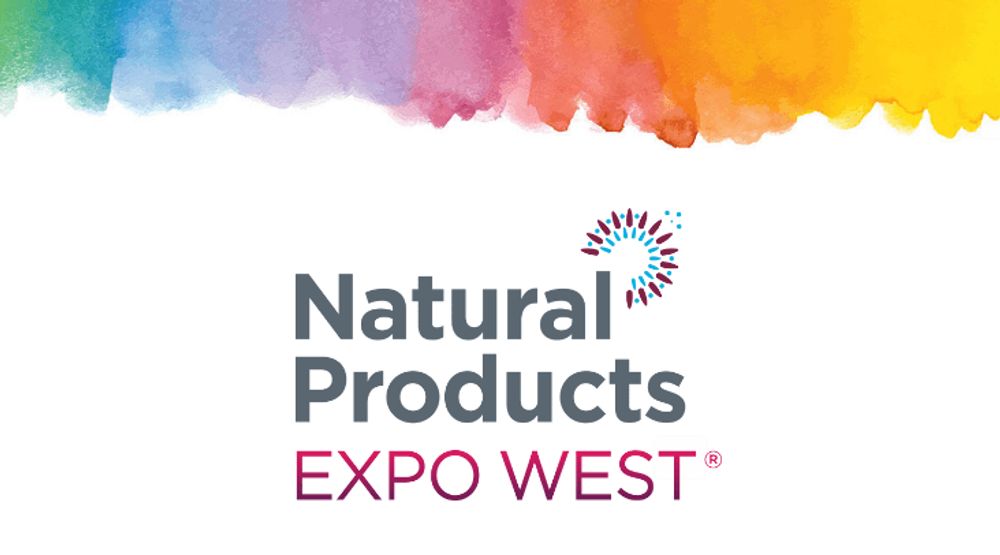The fifth of 6 blog posts from inside by Ben Brown and Terry Gips from the Alliance for Sustainability (www.afors.org)

Customers increasingly care about sustainability and the contents of the products they use and consume. Over the past decade or so, there have been generational divides in sustainable spending habits. A study has shown 54% of Gen Z and 50% of millennials indicated being willing to spend more than 10% or more on sustainable products, compared to just 34% of Gen X and 23% of baby boomers.
The author of the book Hungry, Eve Turow-Paul, gave a keynote pointing out that nearly 75% of people report “seeking a purpose in life,” with around 50% of people uncertain about their life goals. Those two stats have one thing in common: people feel a general lack of purpose. She emphasized that by purchasing sustainably and knowing they are having a positive impact on the world, these people can gain some sense of purpose, some sense of direction. It’s highly self-gratifying which ends up being good for the consumer, good for the earth, and good for business.
Beyond caring about the sustainability of their products, consumers are taking an interest in the brands behind the products. Recent research has shown 90% of consumers said it was important that brands they purchase from take care of their employees, making it an equal concern to consumers as brands actually carrying the exact products they want. 85% of consumers said it was important that companies they purchase from care about society. While it turns out that what consumers say and do are often quite different, research shows consumers are backing up their dedication to companies that are socially and environmentally responsible.
Certified B Corps are companies meeting extensive social, environmental, and governance criteria. In many sectors, these Certified B Corps are vastly outpacing their competition. In the pet category, B corps are up 17% while the general category is down 23%. In the body care category, B corps are up 7% while the general category is down 9%. While there was once a time when consumer beliefs and actions didn’t align, consumers are now actually voting with their dollars.
Next: Consumer demand for organic and plant-based continues to outpace conventional in every market segment.
